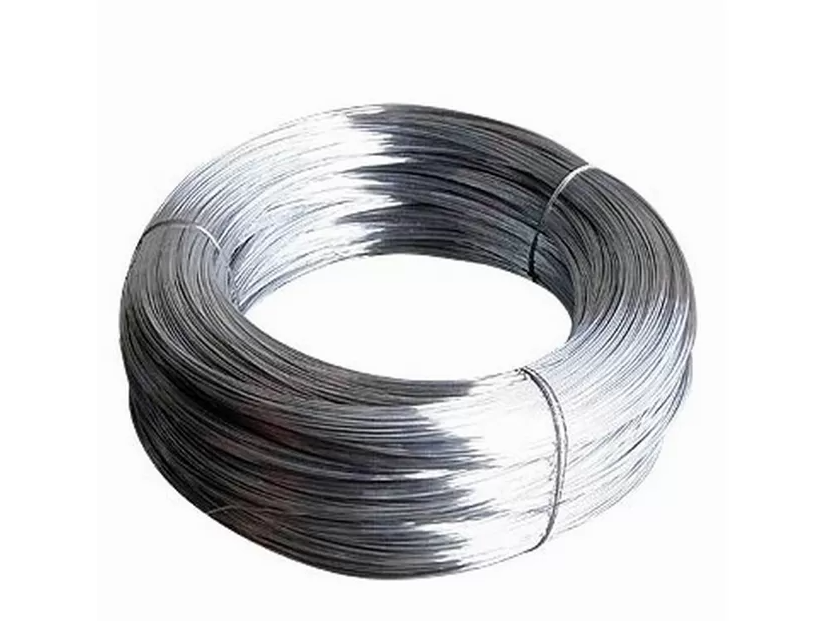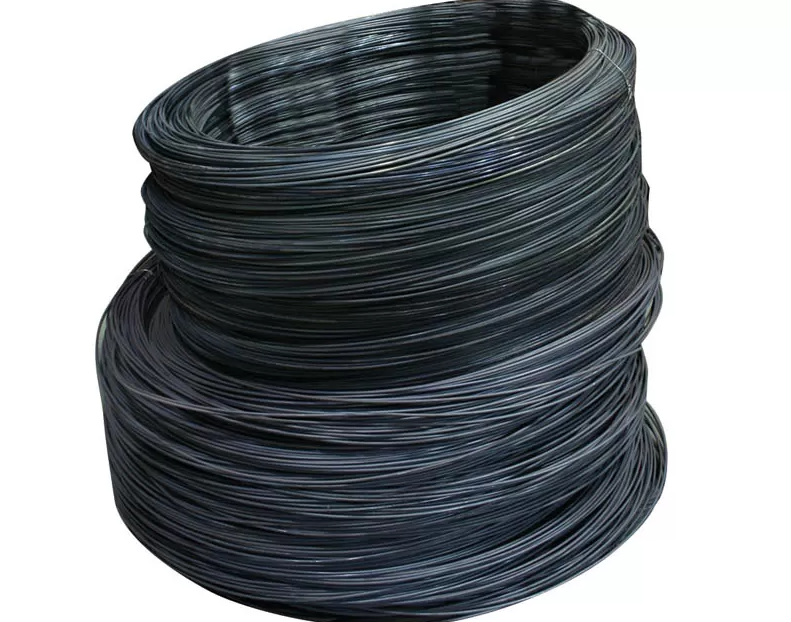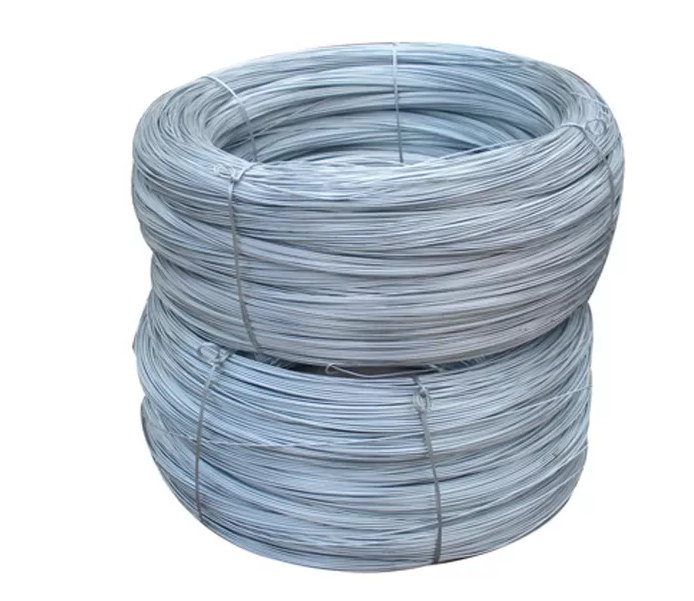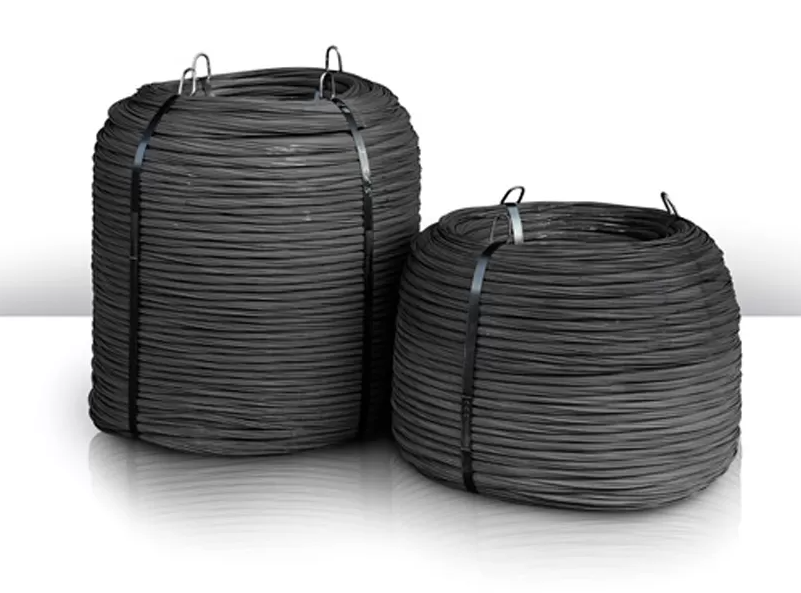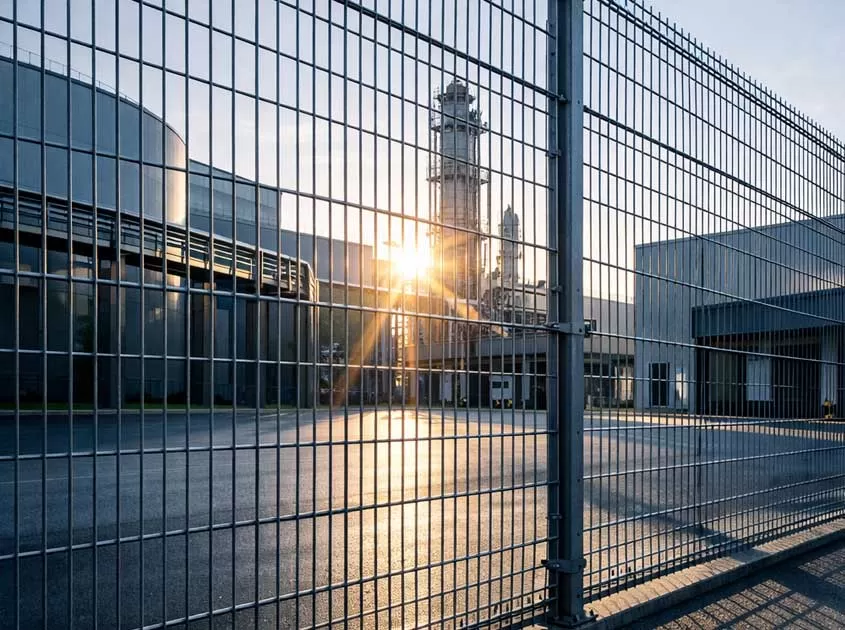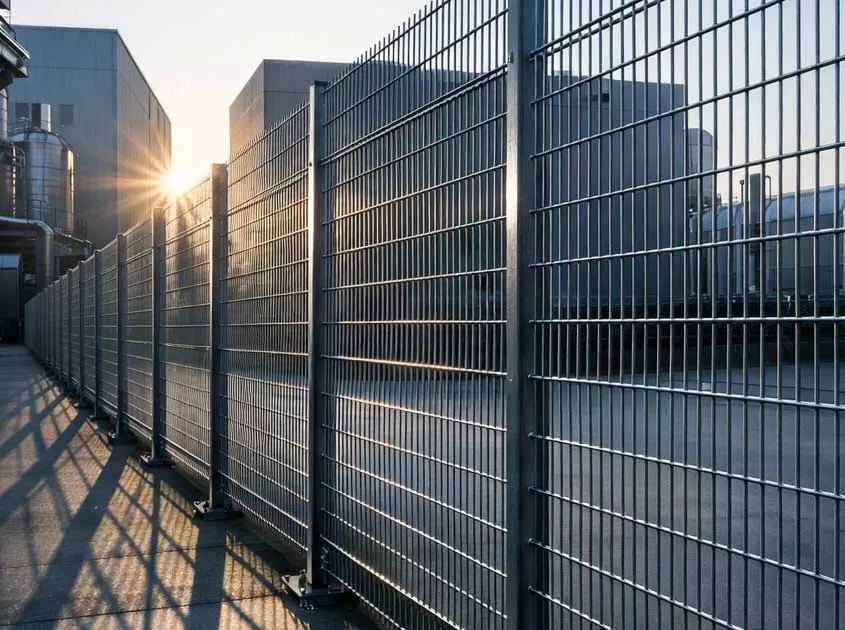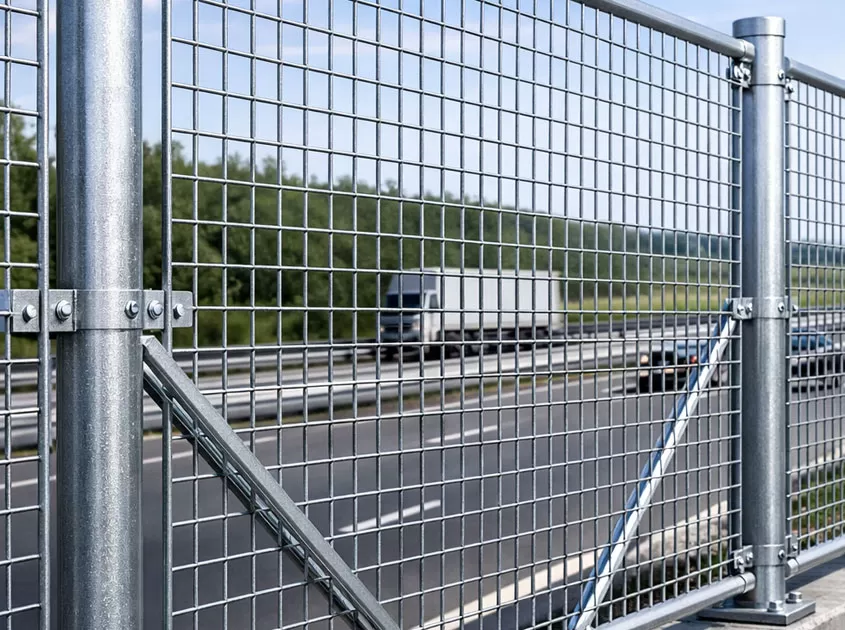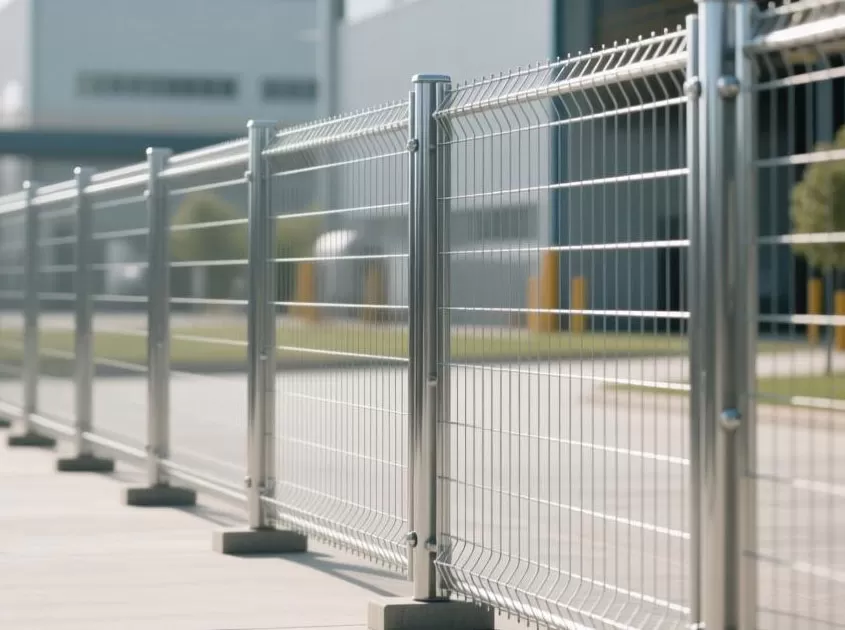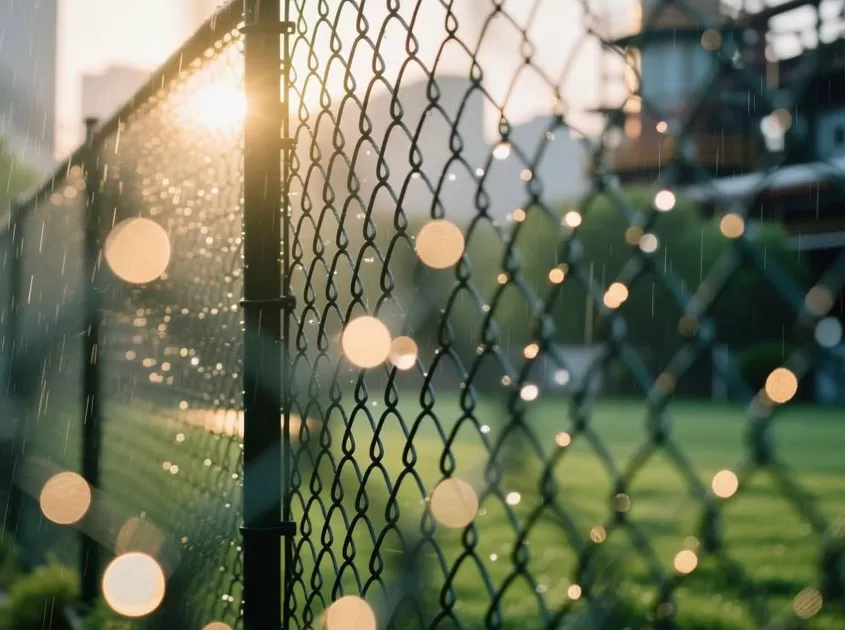Galvanized vs. Black Annealed Wire: Differences
When selecting wire for various industrial, commercial, or residential applications, understanding the differences between galvanized and black annealed wire is crucial. Both types of wire have distinct properties that make them suited for specific tasks, and each has its advantages and limitations. In this article, we will explore the differences between galvanized and black annealed wire, their respective uses, and how to choose the right one for your project.
1. What is Galvanized Wire?
Galvanized wire is steel wire that has been coated with a layer of zinc to protect it from rust and corrosion. The galvanizing process involves immersing the wire in a bath of molten zinc, creating a protective barrier that shields the steel from moisture, chemicals, and environmental elements. This makes galvanized wire highly resistant to corrosion, which is particularly useful in outdoor and high-moisture environments.
Key Characteristics:
Corrosion-resistant due to the zinc coating.
Available in both hot-dipped and electro-galvanized forms.
Ideal for outdoor applications, fencing, and other exposed uses.
2. What is Black Annealed Wire?
Black annealed wire is wire that has undergone a heat treatment process known as annealing, which softens the steel, making it more flexible and easier to work with. Unlike galvanized wire, black annealed wire is not coated with any protective layer. This makes it more prone to corrosion when exposed to moisture or other environmental factors. However, the lack of coating gives it a natural, matte black finish that is often preferred for specific applications.
Key Characteristics:
Soft, flexible wire due to the annealing process.
Matte black finish with no protective coating.
Primarily used in applications where flexibility is required.
3. Durability and Corrosion Resistance
One of the primary differences between galvanized and black annealed wire is their durability and resistance to corrosion. Galvanized wire is designed to withstand harsh weather conditions, moisture, and chemicals, making it ideal for outdoor and long-term use. The zinc coating acts as a sacrificial barrier, preventing the steel from rusting for an extended period.
In contrast, black annealed wire is much less resistant to corrosion because it lacks any protective coating. It is better suited for indoor or dry environments where rust and corrosion are not major concerns. If exposed to moisture or outdoor conditions, black annealed wire will begin to degrade much faster than galvanized wire.
Key Points:
Galvanized wire is highly durable and corrosion-resistant.
Black annealed wire is more susceptible to rust and corrosion when exposed to moisture.
Galvanized wire lasts longer in outdoor and high-humidity applications.
4. Flexibility and Strength
Black annealed wire is known for its flexibility and ease of use. The annealing process softens the steel, allowing the wire to bend easily without breaking. This makes black annealed wire ideal for tasks like binding, tying, and applications requiring a higher degree of flexibility, such as in the construction industry or for crafts.
On the other hand, galvanized wire, while still strong and durable, is typically less flexible than black annealed wire due to the zinc coating. It can be more challenging to bend or manipulate, especially in larger gauges. However, its added strength and corrosion resistance make it better suited for applications where durability is more critical than flexibility, such as fencing, wire mesh, or outdoor support structures.
Key Points:
Black annealed wire is more flexible and easy to manipulate.
Galvanized wire is stronger and more durable but less flexible.
For flexibility and ease of handling, black annealed wire is the preferred option
5. Common Uses of Galvanized Wire
Galvanized wire is widely used in applications where durability and resistance to environmental factors are essential. Some of the most common uses include:
Fencing: Galvanized wire is commonly used for building fences and enclosures because it can withstand harsh outdoor conditions without rusting.
Wire Mesh: Galvanized wire is often used in the production of wire mesh, which is used for security, agricultural purposes, and construction projects.
Electric Wiring: Galvanized wire is used in electrical wiring for outdoor or industrial applications due to its corrosion resistance.
Industrial Applications: Galvanized wire is also used for creating support systems, anchors, and structural components that require high strength and protection from the elements.
6. Common Uses of Black Annealed Wire
Black annealed wire is favored for applications where flexibility and ease of manipulation are more important than corrosion resistance. Some of the most common uses include:
Binding and Tying: Black annealed wire is commonly used for binding or tying materials together in construction, agriculture, and packaging.
Crafts and DIY Projects: Due to its flexibility, black annealed wire is often used in arts, crafts, and jewelry-making.
Stitching and Sewing: Black annealed wire can be used in stitching or sewing materials together, especially in industrial settings.
Barbed Wire: Black annealed wire is often used to make barbed wire for securing agricultural properties and providing a physical deterrent to trespassers.
7. Cost Differences
Generally, black annealed wire is more affordable than galvanized wire because it does not undergo the galvanizing process. The production costs for black annealed wire are lower, and as a result, it is typically less expensive than galvanized wire. However, the higher durability and corrosion resistance of galvanized wire make it a more cost-effective choice in the long run for outdoor and industrial applications, where frequent replacement of black annealed wire would be necessary.
Key Points:
Black annealed wire is usually less expensive than galvanized wire.
Galvanized wire has a higher initial cost but offers long-term value due to its durability.
8. Which Wire Should You Choose?
Choosing between galvanized and black annealed wire depends largely on the specific requirements of your project. If you need a wire that can withstand exposure to the elements and last for years without rusting, galvanized wire is the clear choice. It is ideal for fencing, wire mesh, and other outdoor or industrial applications.
On the other hand, if you require a flexible, cost-effective wire for binding, crafting, or indoor use, black annealed wire is the better option. While it may not be as durable as galvanized wire, it is easier to work with and suitable for temporary or non-exposed applications.
Key Takeaways:
For outdoor, weather-resistant projects, choose galvanized wire for its durability and corrosion resistance.
For flexible, cost-effective applications, choose black annealed wire for ease of use and manipulation.
Consider the environment, budget, and specific requirements of your project before making a decision.
Frequently Asked Questions (FAQ)
What is the main difference between galvanized and black annealed wire?
The primary difference is that galvanized wire is coated with zinc for corrosion resistance, while black annealed wire is soft and flexible, with no protective coating.
Can I use black annealed wire for outdoor applications?
Black annealed wire is not recommended for outdoor use as it will rust when exposed to moisture. Galvanized wire is better suited for outdoor environments.
Is galvanized wire more expensive than black annealed wire?
Yes, galvanized wire is generally more expensive due to the additional galvanizing process, but it offers long-term durability in outdoor and industrial applications.
Is black annealed wire flexible?
Yes, black annealed wire is soft and flexible, making it ideal for applications that require bending or shaping.
Can I use black annealed wire for binding and tying?
Yes, black annealed wire is commonly used for binding and tying materials together due to its flexibility and ease of handling.
Both galvanized and black annealed wire have their place in different projects. By understanding their unique characteristics and applications, you can select the right wire for your specific needs, ensuring the success and durability of your project.
Whether you work in telecommunications, electrical utilities, or another industry, using the right wire is critical. Your job has unique needs, and your materials must meet those needs to provide safety and optimal performance.
QUNKUN METAL Has You Covered
Not sure what wire is right for your needs? Our team at QUNKUN METAL can help! Contact us with your questions!
-
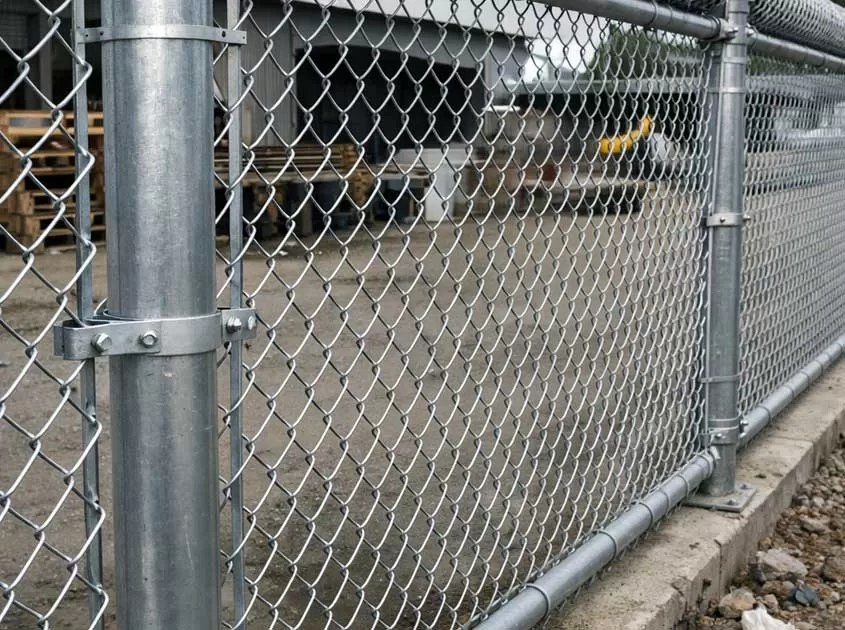 Why Galvanized Wire Mesh Is Popular in South America Jan 26, 2026
Why Galvanized Wire Mesh Is Popular in South America Jan 26, 2026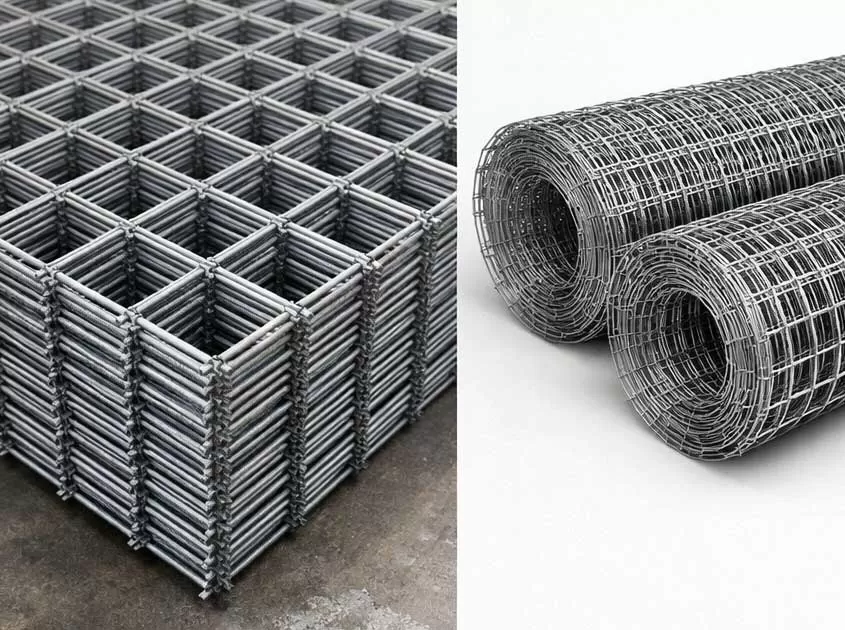 How to Check the Quality of Welded Wire Mesh Jan 16, 2026
How to Check the Quality of Welded Wire Mesh Jan 16, 2026

- Tel.: +86 311 83077076
- E-mail: sales@qunkunmetal.com
- Skype: qunkunsales01
- WhatsApp: 8618032412189
- Add.: No.69 The Filter Industrial Part of Anping, Hebei, China




